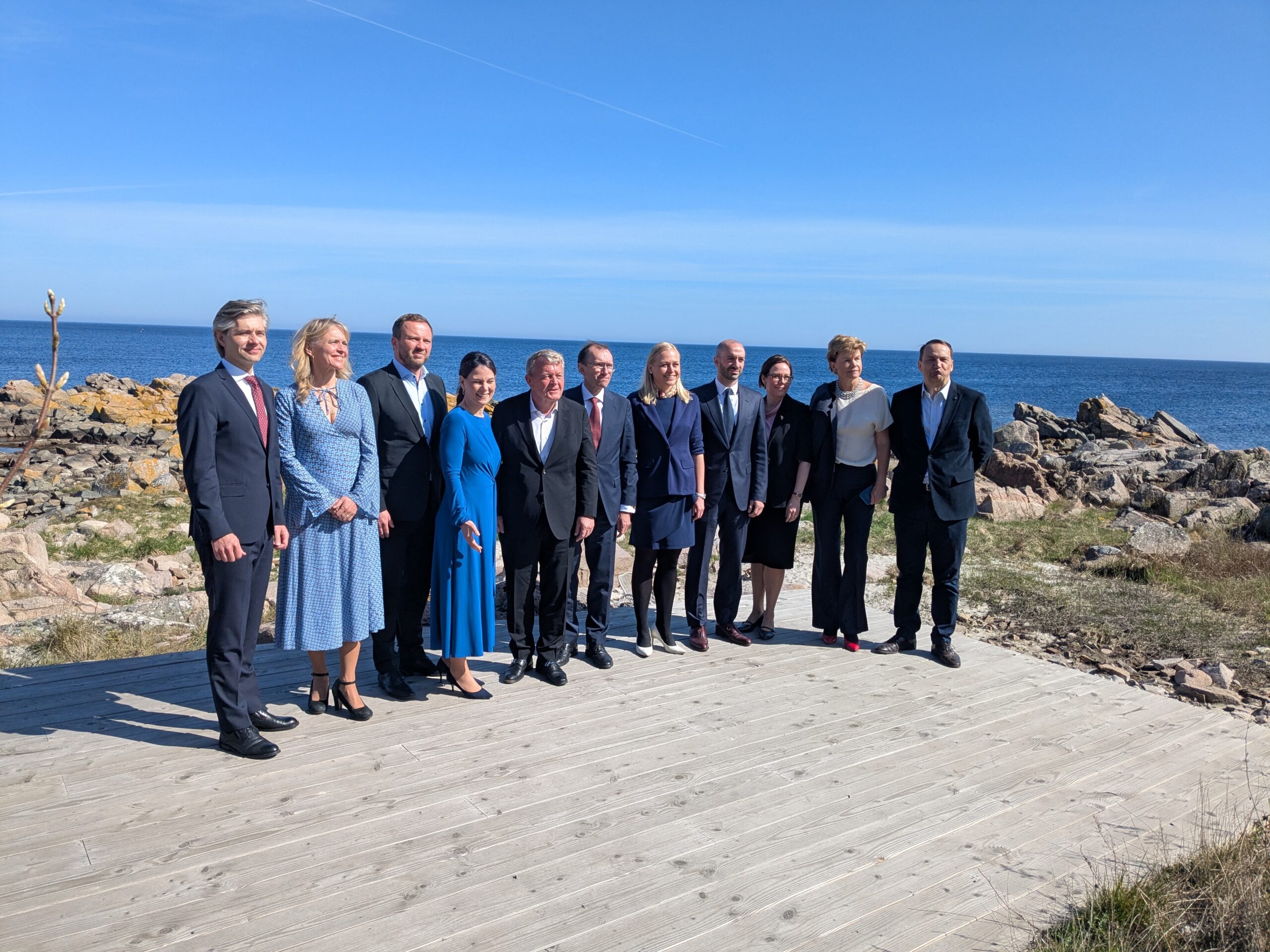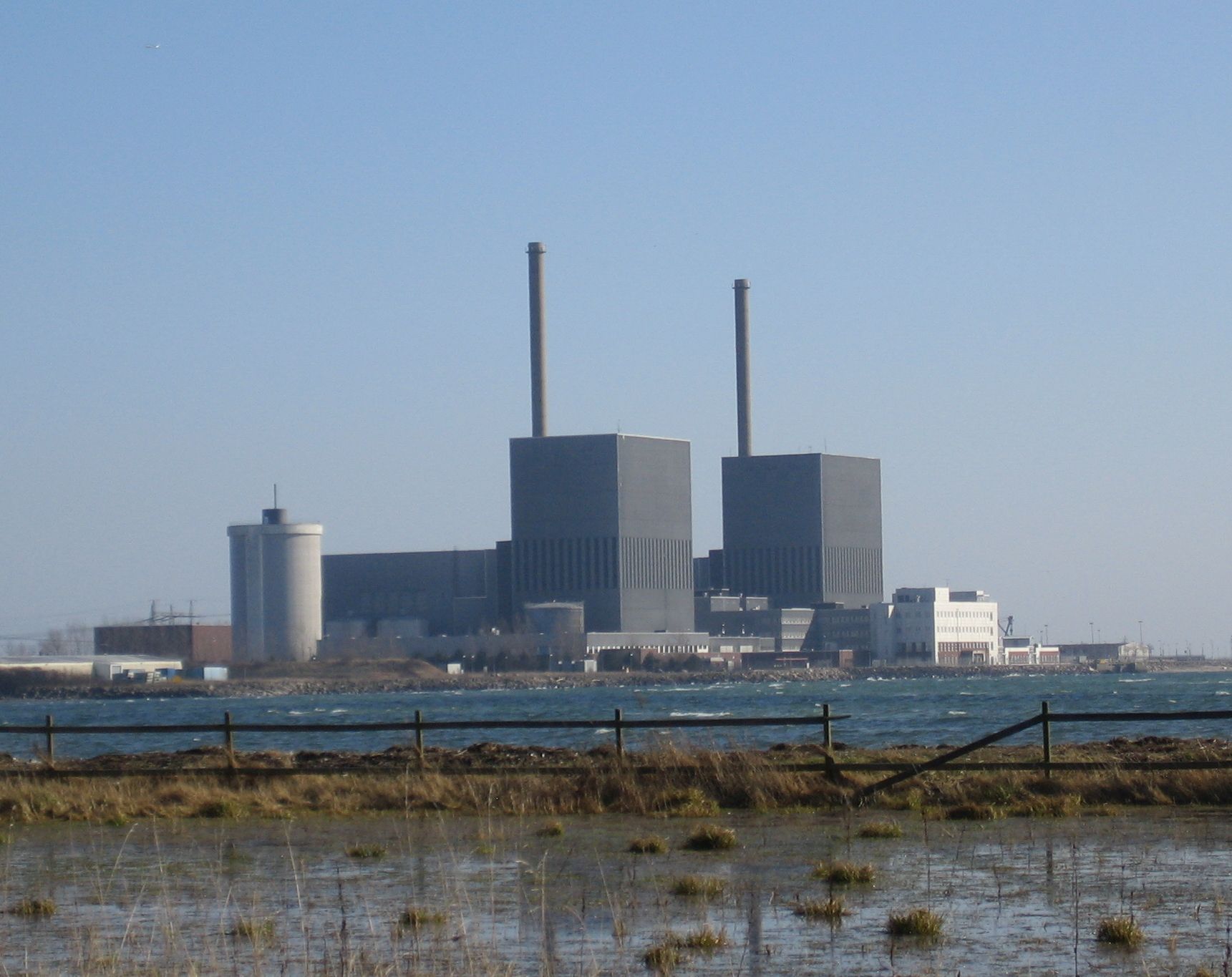Fashion mogul Anders Holch Povlsen has established a new private philanthropic foundation to financially support less privileged communities in China, Africa and parts of India.
The owner and CEO of the large clothing chain Bestseller wants to fight poverty and environmental degradation by promoting self-sustaining and sustainable development that can generate jobs and growth and benefit people in need.
Help people to help themselves
The foundation’s motto is”Help people help themselves”, and it will invest in projects and businesses, helping to alleviate poverty within areas such as food production, entrepreneurship and nature conservation.
“By providing loans and channeling capital, the Bestseller Foundation wants to encourage future partners to take more responsibility and pursue the growth and development of their businesses, which will ultimately help people help themselves,” Povlsen stated.
According to the foundation’s manager, Kristian Sloth Petersen, the projects and businesses will be supported mostly through equity, shares and the provision of loans, while grants and donations will only be offered in special cases.
Second richest Dane
In 1995, Povlsen’s parents Troels and Merete, the founders of Bestseller, established a ‘Bestseller Foundation’ to support cultural, social and charitable activities in Denmark and abroad.
Currently, the share capital of the new Bestseller Foundation represents just over 25 million kroner.
With a net wealth estimated at 5.1 billion dollars, Anders Holch Povlsen is the second richest Dane according to Forbes.
As well as running one of the largest fashion companies in Europe, Povlsen is also one of the biggest property owners in Scotland and has investments in several Danish startups.












